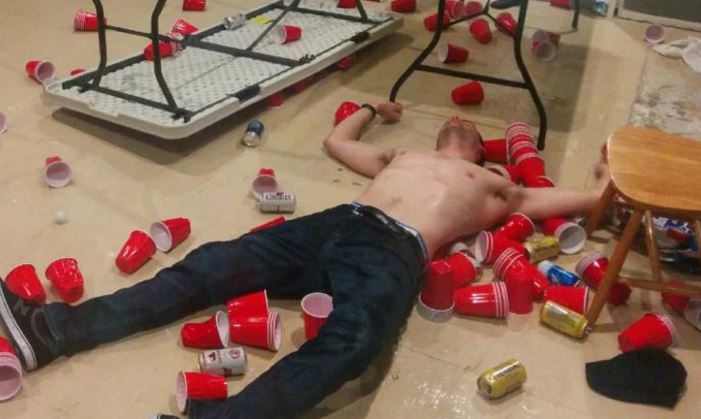In a First Things piece today, Mark Bauerlein reaffirms the thesis that a separate adolescent society has developed in American culture.
It used to be that children were simply looked at as adults-in-training. Many have made the point that “childhood” is an invention of the Victorian age. But, as James Coleman noted over fifty years ago, children now have their own world filled with its own cares, rules, and values.
How did this adolescent subculture come to be? Bauerlein believes it is largely because of school:
“Curiously, though their attitudes weren’t oriented toward school, school was, in fact, the cause of the adolescent society. Over the course of the twentieth century, adolescents were staying in school longer and longer. Early in the 1900s, only one out of ten American teens finished high school. Most of them left the classroom in fourth to eighth grade and went to work, passing their teen years under the supervision of adults and spending limited time with peers. For the average 15 year old, there was no such thing as a ‘social life.’
By 1950, though, most of them stayed through twelfth grade. High school attendance exploded. For seven hours a day (not including after-school activities), five days a week, 185 days a year, teenagers were packed into tight quarters by the hundreds, moving from room to room, eating lunch together, hanging out in locker rooms.
The natural thing happened. This population developed its own mores, values, manners, tastes, interests; Cliques and tribes formed. A ladder of prestige was erected, with select youths assigning others their place upon it. The voice of teachers, employers, and parents was bound to become less influential as the subculture matured.”
There’s a quote often misattributed to John Dewey that reads, “Education is not a preparation for life but life itself.” Though Dewey did not actually utter these words, the sentiment nevertheless pervades modern society, which typically associates “education” with “school.”
But school is not life. It’s very much an artificial environment in which children are paradoxically prepared for adulthood through being largely formed by their peers. And today, we keep more people in that environment longer than any other period in history. In so doing, we might be perpetuating their adolescence.
Can we find some happy medium? Can we have a society that both values education and the process of maturation that should take place under the vigilant eye of parents?
















Leave a Comment
Your email address will not be published. Required fields are marked with *